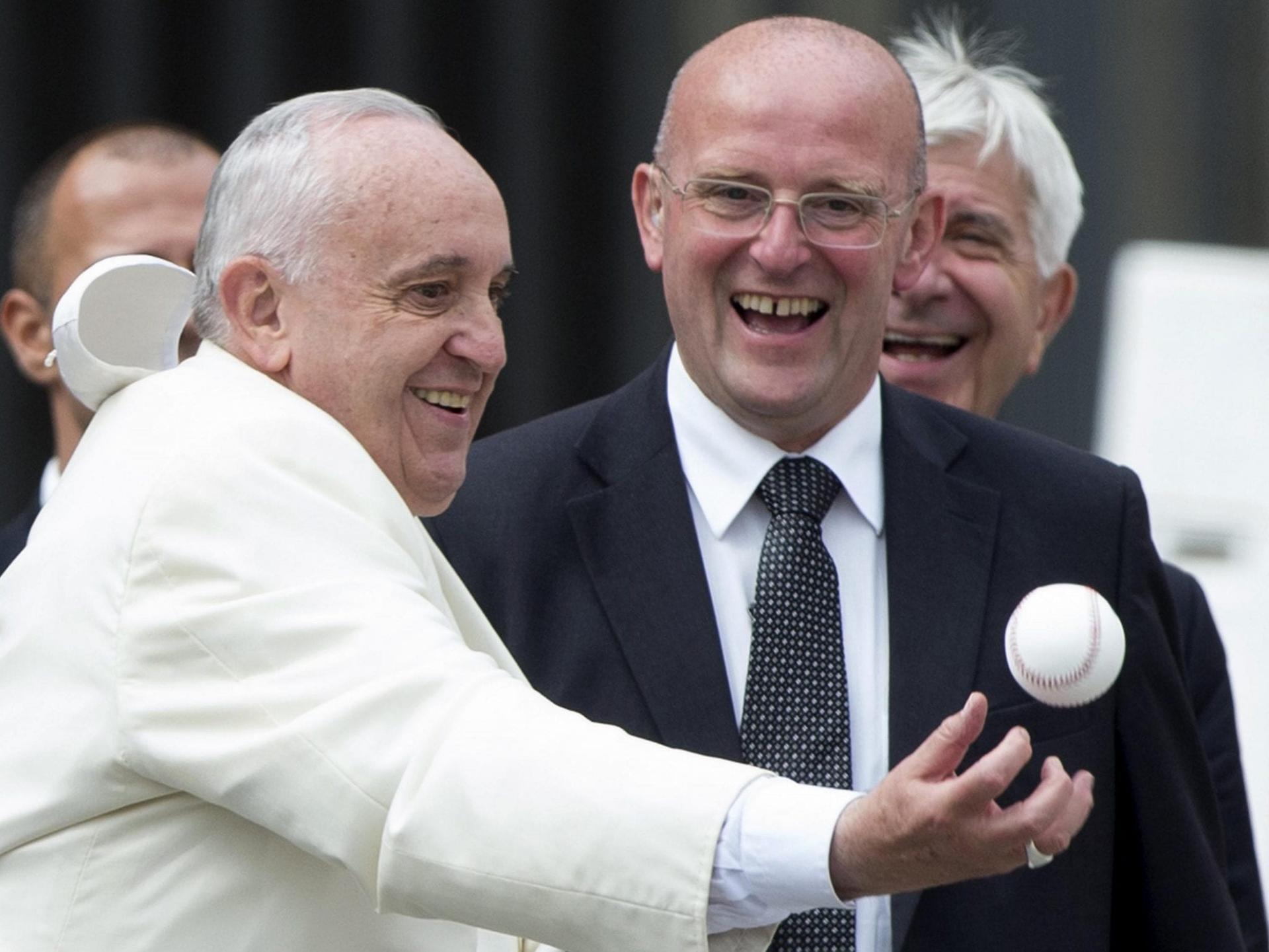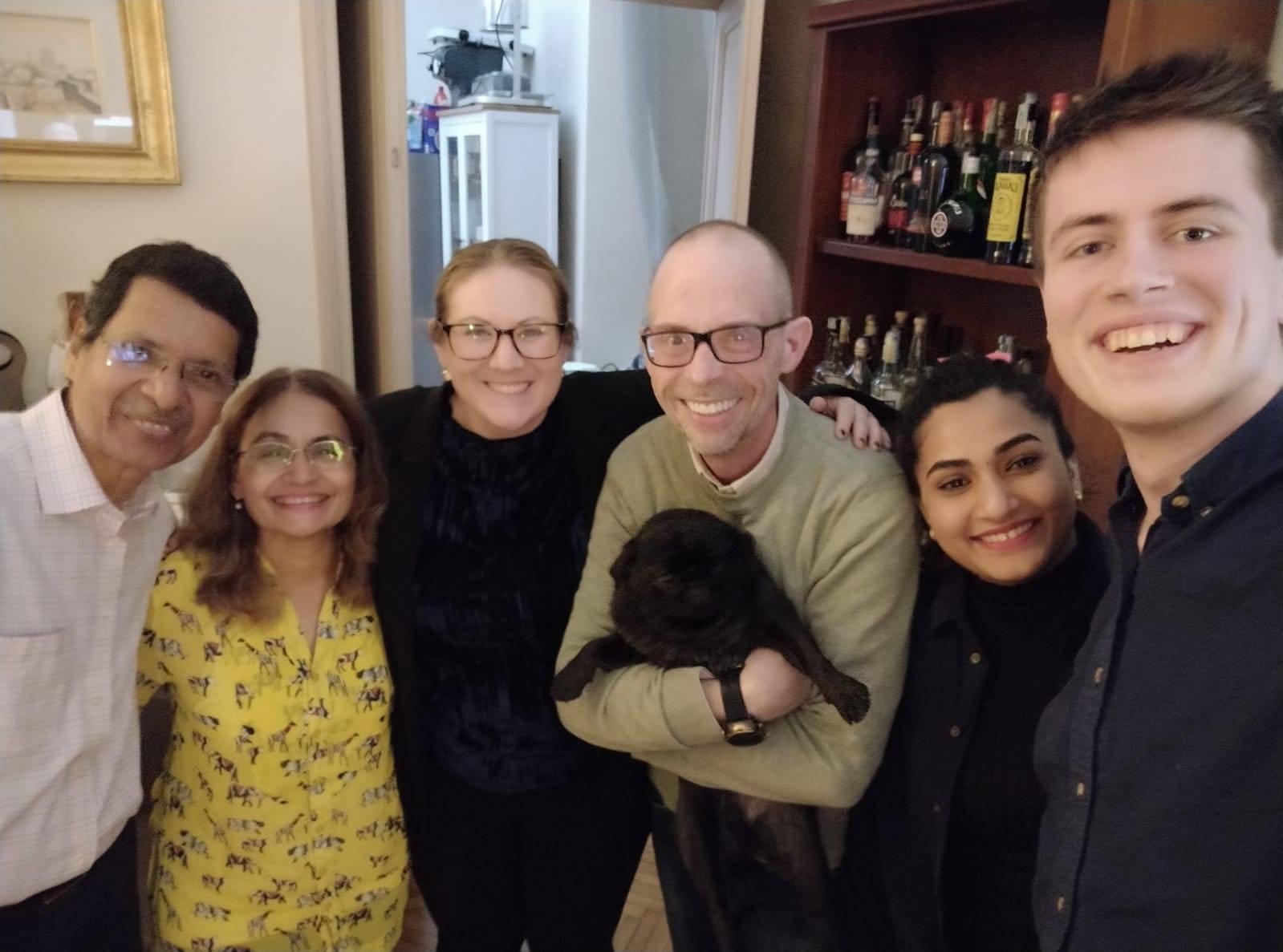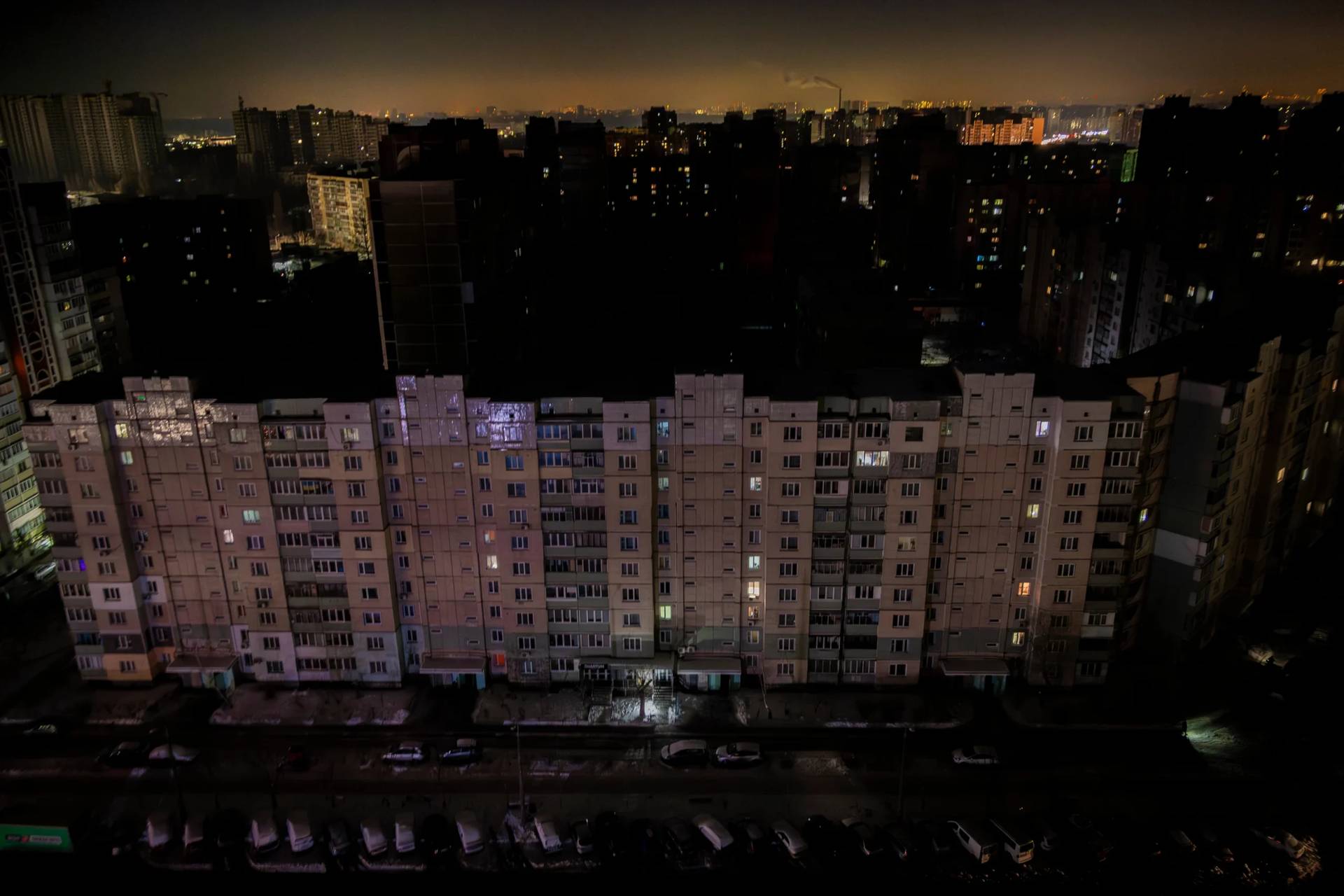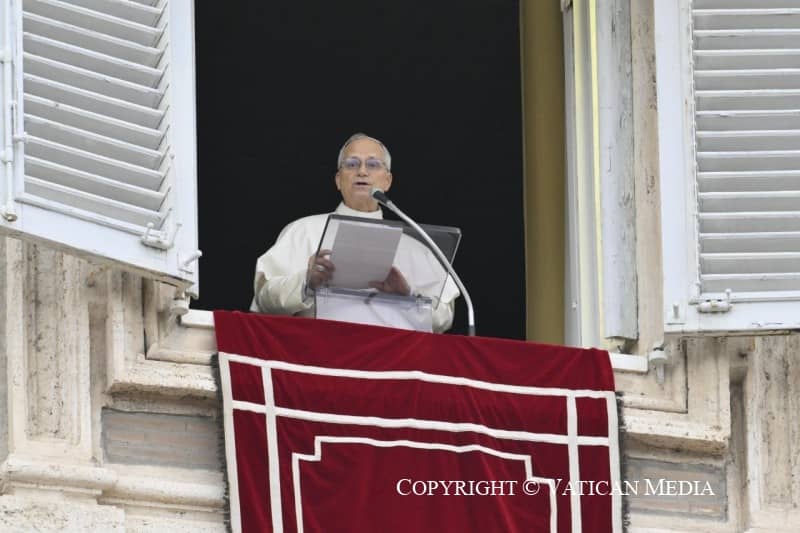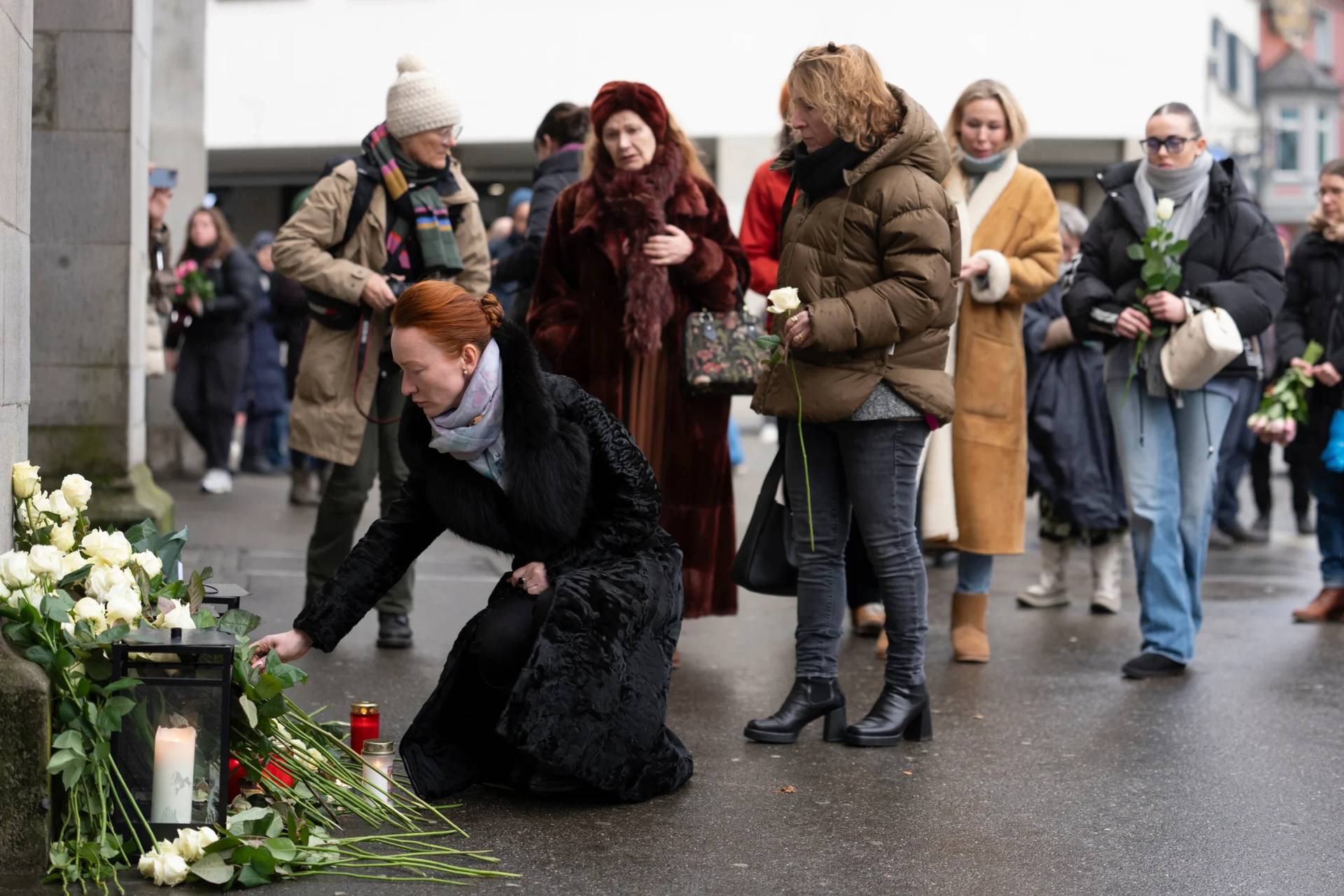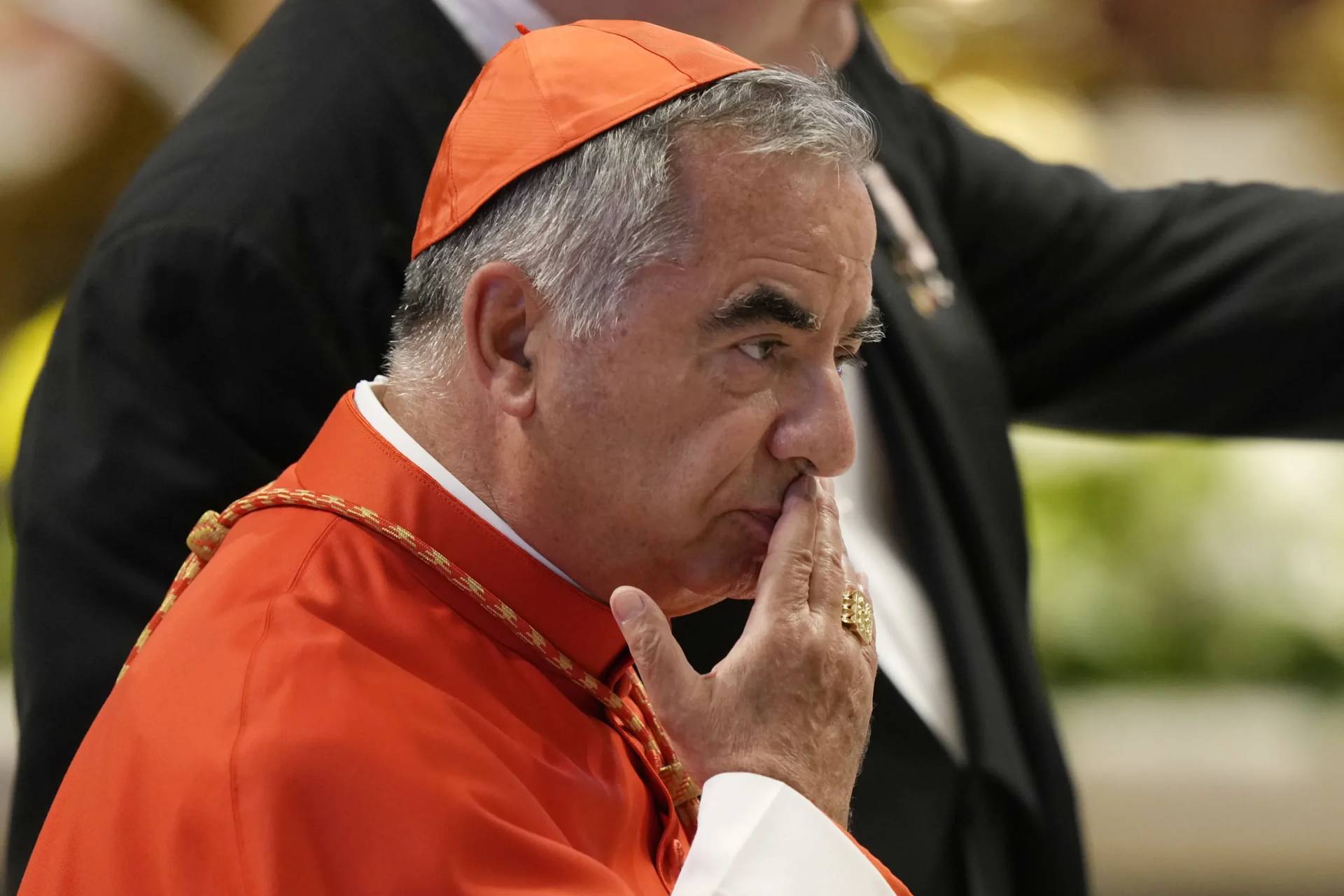ROME – Just over a year after this exit, Domenico Giani, formerly believed to be one of the most powerful people in the Vatican, has given an interview offering details as to his current career path and his thoughts on papal reform.
In the interview, published in Avvenire, the official newspaper of the Italian bishops, Jan. 6, the former head of the Vatican police said that when he was first asked to enter service to the Holy See, he was told that “it was not my personal service by a vocation, a call,” which also extended to his family.
Speaking of his unexpected resignation last fall, Giani said the move “caused pain” for him and his family but insisted that it did not alter his experience working in the Vatican Gendarme Corps, and nor did it take away “the gratitude for the popes we have served: St. John Paul II, Benedict XVI and Francis.”
“I remain deeply attached to the Church and am a man of institutions,” he said.
Asked for his thoughts on the pope’s ongoing reform of the Vatican and the Roman Curia, which last year included several moves on the financial front, Giani said that in his view, “The pope continues his reform with firmness not divorced from charity, but without ceding to justicialist impulses.”
In carrying out this task, he said, the pope “always needs loyal collaborators who act with the criteria of truth and justice.”
The Justicialist Party was the party founded by Juan Peron in Argentina. Peronism – a mixture of nationalism and populism that defies normal left-right political categories – is also known for its top-down, authoritarian structure.
A former officer in the Italian secret service, Giani began his Vatican career in 1999 during St. John Paul II’s papacy as vice-inspector under his predecessor, Camillo Cibin.
In 2006, he was named Inspector General of the Vatican Gendarme Corps was constantly at the side of both Pope Benedict XVI and Pope Francis as a personal bodyguard both at the Vatican and during papal trips abroad.
Throughout his two decades as the Vatican’s supreme law enforcement officer, Giani gained a reputation for dedication and hyper-vigilance, often emitting a threatening and intimidating vibe.
Pope Francis accepted Giani’s resignation in Oct. 2019, just two weeks after an internal security notice was leaked to the Italian press.
The leak was of an order signed by Giani regarding five Vatican employees who had been suspended over allegations of financial wrongdoing, following a raid on the offices of two of the Vatican’s most sensitive departments, the Financial Information Authority and the Secretariat of State.
Various Italian media outlets published photos of the five individuals at the center of the inquest. According to reports, Pope Francis was furious, particularly because it was not yet clear what, if anything, the five people in question had done wrong.
The raids were connected to a shady $200 million property investment in London that turned out to be a bad deal for the Vatican, but a very good deal for the man who arranged it.
In September another man linked to the deal, Italian Cardinal Angelo Becciu, was ousted from his post as head of the Vatican’s department for saints. The deal had been struck during Becciu’s time as sostituto in the Secretariat of State, a position equivalent to the pope’s chief of staff. Although Becciu said he was asked to resign over allegations of embezzlement, many believe his departure could also be linked to fallout from the London fiasco.
After the leak, there was open talk of a poisoned environment from people in positions to know.
In their announcement of Giani’s departure, the Vatican said that although bearing “no personal responsibility” for the leak, he “offered his resignation to the Holy Father out of love for the Church and faithfulness to Peter’s successor.”
The announcement of Giani’s resignation was published along with a lengthy interview between Giani and former Vatican spokesman Alessandro Gisotti, in which Giani defended his honor and his many years of service to the Holy See.
Since October 1, Giani has been serving as president of the Eni Foundation, which is a humanitarian body established in 2007 focusing on children’s health and which is attached to one of Italy’s leading energy companies.
In his interview with Avvenire, Giani said he had “various offers” after leaving his Vatican post. There were rumors of him getting a job at the United Nations, but, “the conditions were not there,” he said, explaining that he finally settled on the Eni Foundation after holding what he said were numerous meetings with international agencies and Italian groups.
“I believe that my professional experience – the institutions of the Italian state and in the service rendered to the pope and the Holy See…have contributed to maturing this proposal,” he said.
So far, Giani said he has been busy with the recent launch of a joint project between the Eni Foundation and the Italian Community of Sant’Egidio, Pope Francis’s favorite of the so-called ‘new movements,’ called “You are not alone.”
The project provides food deliveries to elderly people over the age of 80 who have been impacted by the coronavirus pandemic. The first deliveries took place during the Christmas holidays, and, according to Giani, more food parcels will be delivered in February and then again in March and April.
Giani then recalled how he was invited to meet Italian President Sergio Mattarella in October, and a letter he received from Pope Francis in response to one he had written to the pope at the time of his resignation.
“These are two gestures that heartened me the most in the year just archived,” he said, calling the meeting with Mattarella “the gesture of a father, solemn and at the same time simple.”
Referring to the letter from the pope, he said Francis referred to him as a “brother,” and that in the text of the letter, filled with “affectionate and not occasional words,” Francis again “renewed his gratitude and esteem.”
Follow Elise Ann Allen on Twitter: @eliseannallen
